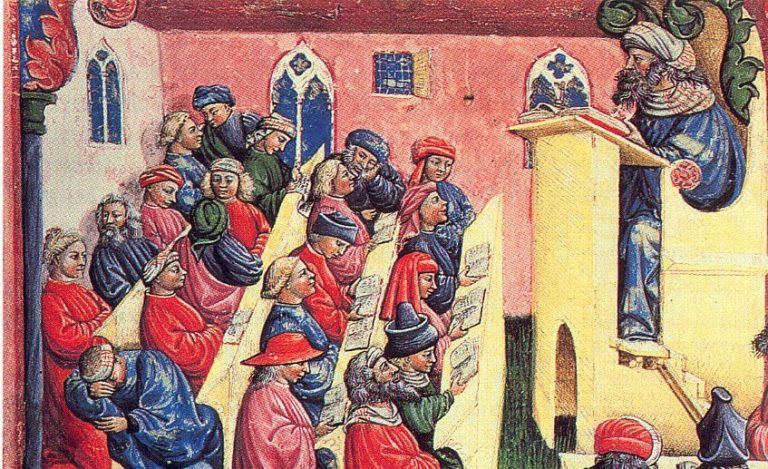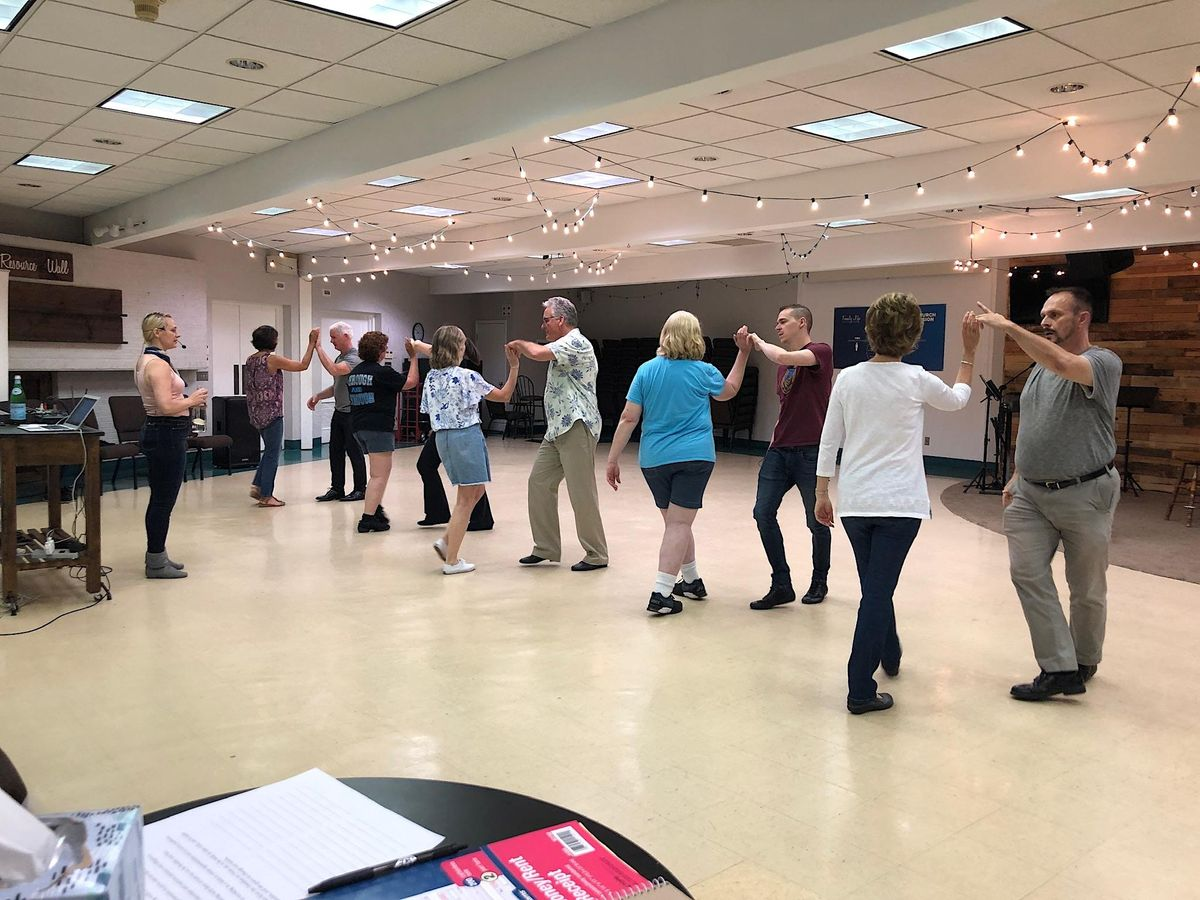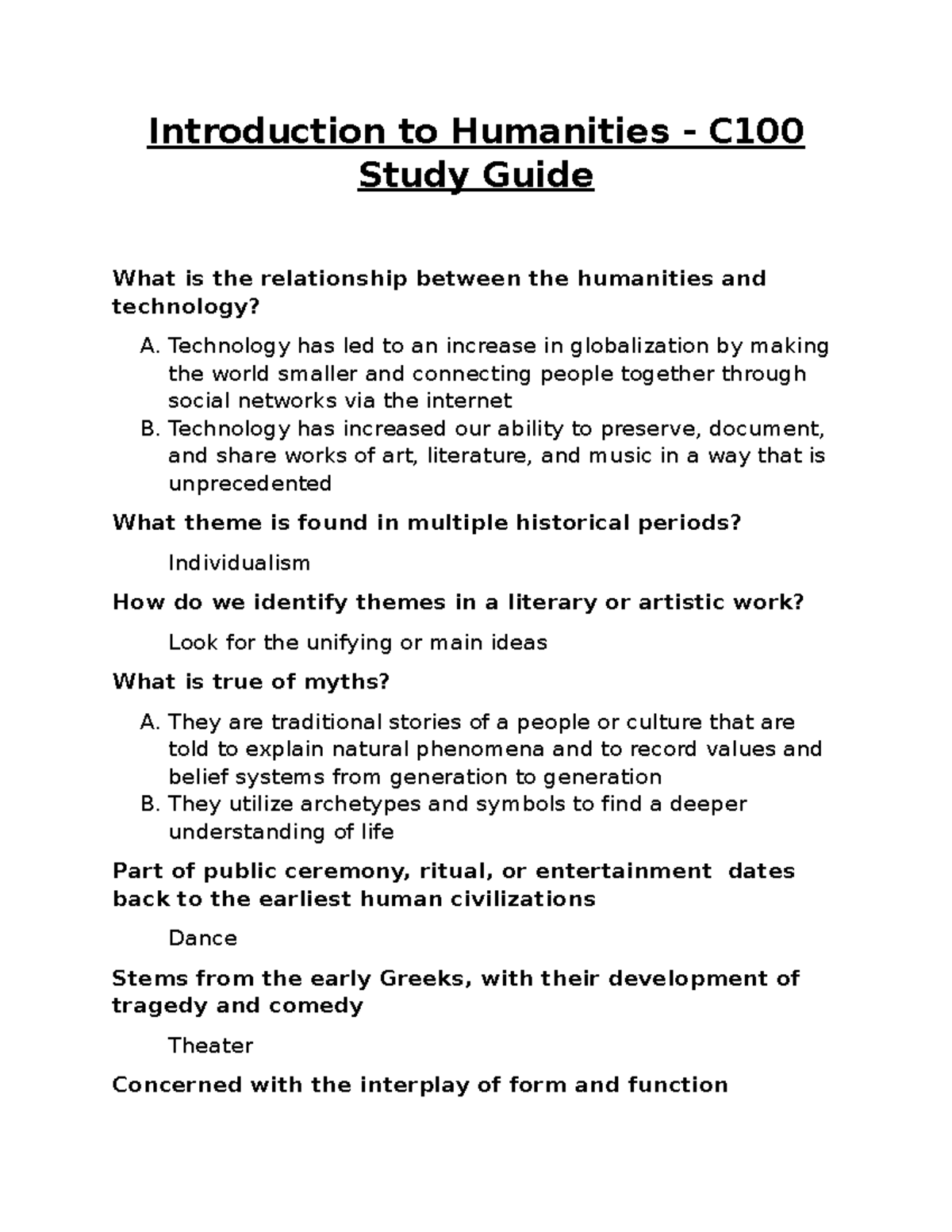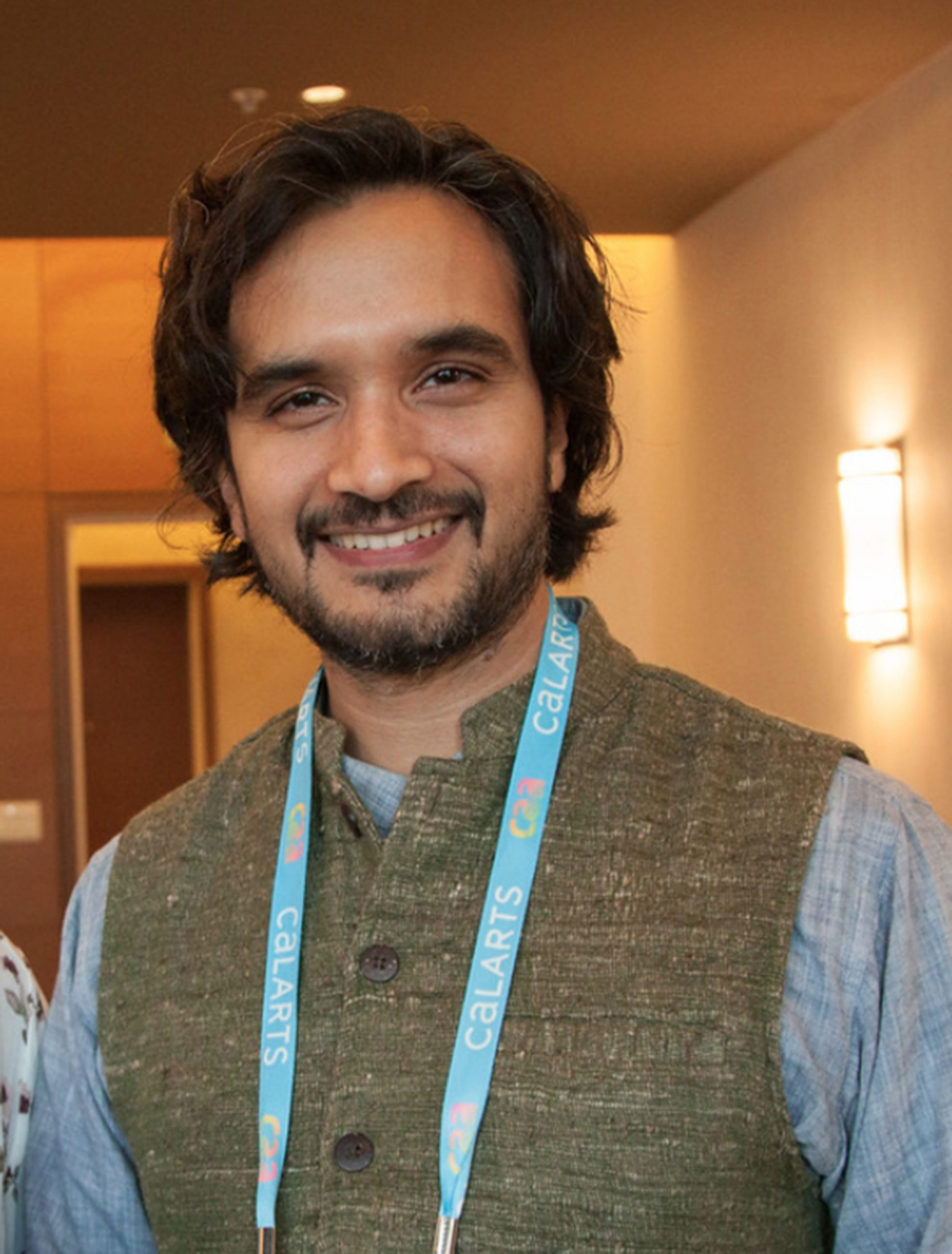The Medieval Studies Conference stands as a premier event for scholars dedicated to exploring the complexities of the medieval world. Hosted at Harvard University, this annual gathering draws academia’s sharpest minds to celebrate a century of advancements in the field of medieval studies. With over 800 attendees from 23 countries, the conference fosters rich dialogues and cultural exchange, reflecting the diverse historical contexts that shape our understanding of this era. It provides a unique platform for interdisciplinary collaboration, emphasizing the importance of academic conferences in promoting innovative scholarship. As the Medieval Academy of America commemorates its legacy, this year’s conference highlights how the history of medieval studies continually evolves, adapting to contemporary scholarly needs and methodologies.
During the Medieval Studies Conference, participants delve into various aspects of medieval scholarship, examining the period’s rich cultural tapestry. This esteemed gathering serves as a nexus for historians, literary critics, and cultural theorists to share insights about the Middle Ages, thereby enriching our knowledge of early European civilizations. The event’s interdisciplinary nature encourages discussions that bridge historical contexts with modern interpretations, enhancing scholarly pursuits within the medieval domain. As disciplines converge, this conference not only memorializes the historical contributions of medieval studies but also envisions future pathways for research and teaching. Engaging in cultural conversations allows for a deeper appreciation of the legacy and ongoing relevance of medieval history.
The Importance of the Medieval Academy of America
The Medieval Academy of America (MAA) has played a pivotal role in the growth and evolution of medieval studies over the past century. Founded in the early 1920s, the MAA has served as a central hub for scholars dedicated to the exploration of medieval history, culture, and literature. Its recent 100th annual meeting at Harvard brought together over 800 academics from 23 countries, highlighting the global nature of medieval studies today. The conference showcased a range of interdisciplinary research, emphasizing the importance of cultural exchange in the field and fostering collaboration among scholars.
Such gatherings not only provide a platform for presenting new research but also facilitate invaluable networking opportunities. Participants like Sean Gilsdorf, administrative director of the Committee on Medieval Studies, recognize that the MAA’s centennial is not just a reflection on the past but a springboard for future scholarship. With initiatives encouraging a broader understanding of medieval contexts, the MAA supports the intellectual growth of its members, ensuring the continued relevance of medieval studies in contemporary academia.
Embracing Interdisciplinarity in Medieval Studies
The recent Medieval Academy of America conference underlined the increasingly interdisciplinary nature of medieval studies. Scholars from various fields combined their insights, enriching the understanding of medieval cultures and their impacts on modern society. Presentations ranged from discussions on trade agreements in medieval Venice to analyses of literary works, demonstrating how knowledge from history, literature, and cultural studies can illuminate the intricacies of the medieval world. The effort to incorporate diverse perspectives aligns with ongoing developments in academic conferences, where collaboration across disciplines is becoming a hallmark of scholarly excellence.
By embracing interdisciplinarity, medieval studies are opening doors to new methodologies and frameworks. For instance, Elena Shadrina’s research on medieval trade agreements explores the interplay between commerce and culture, which is critical in understanding the economic and social contexts of the time. Meanwhile, discussions on the Global Middle Ages encourage scholars to consider how medieval societies interacted across borders, thereby expanding the scope of traditional medieval studies. This shift not only breathes fresh life into the field but also connects historical events to contemporary global dynamics.
The Role of Digital Humanities in Medieval Research
Digital humanities have transformed the landscape of medieval studies by providing innovative tools and resources for research and teaching. The integration of technology has made it possible for scholars and students to access vast archives of medieval texts, images, and artifacts online. Such advancements allow for more comprehensive analyses and facilitate collaborative projects that were previously unimaginable. The conference highlighted the importance of these digital tools in connecting researchers with the past, allowing for a deeper exploration of primary sources and fostering new interpretations.
Furthermore, the COVID-19 pandemic accelerated the adoption of digital platforms for academic engagement, emphasizing the importance of virtual collaboration. Scholars like Emily Sun noted the renewed appreciation for real-world interactions post-lockdown, but also recognized the value of digital spaces for sharing ideas and scholarly work. As medieval studies continue to evolve, embracing digital humanities will be essential in reaching broader audiences while providing accessible ways to engage with complex historical narratives.
Future Directions in Medieval Studies
As the medieval studies community reflects on its past during significant gatherings like the Medieval Academy of America’s centennial conference, it is also compelled to look ahead. Questions surrounding the future direction of the discipline are increasingly being raised: What new scholarship will emerge in the coming years? How can medieval studies remain relevant in a rapidly changing academic landscape? This conference created a space for these discussions, where scholars actively contemplated the trajectory of the field and the methodologies that would guide it into future research horizons.
Keynote speakers and panels encouraged participants to reconsider traditional narratives and explore untapped aspects of medieval history, such as the experiences of marginalized groups. The emphasis on inclusiveness and global perspectives signals an exciting expansion of the discipline. Future conferences and academic initiatives are poised to deepen our understanding of how medieval experiences can inform current societal issues, reinforcing the idea that the study of the past is intrinsically connected to the present.
Networking Opportunities in Medieval Academia
Networking is a cornerstone of academic growth, and events like the Medieval Academy of America’s annual conference provide crucial opportunities for scholars to connect and collaborate. The conference atmosphere is vibrant, filled with conversations that spark new ideas and partnerships among participants. As Ph.D. candidates and established academics shared insights and feedback on research, attendees like Sean Gilsdorf stressed the importance of meeting others in the field. These interactions create support systems that are vital to career development and foster scholarly community.
In the current academic landscape, where digital communication often replaces face-to-face interactions, the need for networking cannot be overstated. Examples from the conference demonstrate how personal connections can lead to collaborative projects, joint publications, and ultimately, advancements in individual research. The MAA event serves as a reminder of the value of professional relationships and the impact they have on shaping the future of scholarship in medieval studies.
Cultural Exchange and Global Perspectives in Medieval Studies
The recent conference highlighted the significance of cultural exchange in understanding the medieval period. Scholars presented research on medieval societies from diverse regions, showcasing the interconnectedness of cultures across the Mediterranean, Africa, Asia, and the British Isles. By examining these interactions, researchers are not only shedding light on the complexities of medieval life but also crafting a more inclusive narrative that resonates with contemporary audiences. The exploration of cross-cultural exchanges is essential in rediscovering the global dimensions of the Middle Ages.
Incorporating global perspectives into medieval studies also prompts scholars to reflect on how historical contexts affect our understanding of today’s multicultural societies. Workshops during the conference sparked discussions about broadening the curriculum to include a more diverse range of voices and experiences within the medieval framework. This approach acknowledges the rich tapestry of human history and its implications on modern cultural identities, making the study of the past all the more relevant to current societal issues.
Innovations in Medieval Scholarship
The Medieval Academy of America’s annual meeting served as a platform to showcase groundbreaking innovations in scholarship that redefine the field of medieval studies. Presenters shared pioneering research that engages with both historical texts and contemporary issues, creating links between past and present. By utilizing methodologies from various disciplines, scholars are able to approach familiar texts with fresh interpretations, often leading to revelations about the social and cultural dynamics of medieval life. Such innovative scholarship challenges established norms and encourages deeper inquiries.
Additionally, the emphasis on research innovation is complemented by the collaborative spirit seen throughout the conference. This collaborative atmosphere cultivates an environment where new ideas can thrive and flourish, as scholars exchange perspectives that may significantly enhance their individual research. The MAA’s focus on innovation is not only reshaping the way we study the medieval past but also reinforcing the importance of community in advancing academic discourse.
Revisiting Medieval Literature in Contemporary Context
The dynamic realm of medieval literature continues to inspire contemporary discussions, as highlighted at the MAA’s recent conference. Researchers like Fernanda García-Oteyza illustrated the timeless nature of medieval texts, drawing parallels between Geoffrey Chaucer’s work and modern literature. By examining how themes of authority and truth resonate through both medieval and contemporary narratives, scholars are opening doors to rich literary analyses that transcend time. This enduring relevance indicates that medieval literature remains a crucial avenue for exploring present-day issues.
Ultimately, revisiting these texts in light of current societal challenges allows for a richer understanding of both the literature itself and the cultural contexts from which it emerged. This approach encourages literary scholars to consider how medieval works matter today, fostering discussions about the universality of certain themes such as identity, power, and community. As scholars integrate insights from various fields, including cultural studies and history, the implications of medieval literature on modern life can be fully appreciated and understood.
The Evolution of Medieval Studies over the Last Century
As the Medieval Academy of America celebrated its 100th anniversary, the evolution of medieval studies over the past century was a central theme of discussion. Scholars reflected on how the discipline has transformed, addressing shifts in methodological approaches, theoretical frameworks, and the inclusion of diverse perspectives. This retrospective allowed for an examination of how historical events, such as the development of post-colonial studies, have shaped the way medievalists engage with their subjects today. The conference serves as a testament to this growth and the ongoing journey of the field.
Moreover, the engagement with past scholarship provides a foundation on which contemporary scholars can build. By appreciating the work of predecessors and understanding the historical context of medieval studies, new generations of academics can chart pathways forward. With the rise of globalization and an increasing emphasis on intersectionality, the modern landscape of medieval studies promises continued growth and expansion, inviting innovative scholarship that resonates with today’s academic and cultural climates.
Frequently Asked Questions
What is the Medieval Studies Conference and its significance in the field of medieval studies?
The Medieval Studies Conference, particularly as hosted by the Medieval Academy of America, is a prestigious annual event that draws medievalists from around the globe. It serves as a platform for scholars to present research, share insights, and discuss advancements in the history and study of medieval periods, showcasing the field’s diverse and interdisciplinary nature.
How does the Medieval Academy of America contribute to the development of medieval studies?
The Medieval Academy of America plays a pivotal role in advancing medieval studies by organizing academic conferences, like the Medieval Studies Conference, fostering networking among scholars, and promoting research and education. This 100-year-old institution has been fundamental in shaping the discourse and scholarship around medieval history.
What types of presentations and workshops can attendees expect at the Medieval Studies Conference?
At the Medieval Studies Conference, attendees can expect a rich variety of presentations, including plenary addresses, workshops, and exhibits covering topics such as medieval trade, cultural exchanges, and pedagogical approaches. These sessions aim to explore the global medieval experience and encourage interdisciplinary dialogue among scholars.
How has the focus of medieval studies evolved over the past century as showcased in recent conferences?
The focus of medieval studies has shifted significantly over the past century, as evidenced by recent conferences like the Medieval Studies Conference at Harvard. Scholars now incorporate a global perspective, examining regions beyond the traditional narratives of the British Isles and Europe, embracing perspectives from Africa, Asia, and the Islamic world, reflecting the field’s expanding scope.
What benefits do scholars gain by attending academic conferences like the Medieval Studies Conference?
Scholars attending academic conferences, such as the Medieval Studies Conference, benefit from networking opportunities, feedback on their research, and discussions with a diverse academic community. These gatherings facilitate intellectual exchanges, inspire new ideas, and enhance collaboration within the framework of medieval studies.
How does cultural exchange play a role in the discussions at the Medieval Studies Conference?
Cultural exchange is a key theme at the Medieval Studies Conference, as it allows for the exploration of diverse historical narratives and methodologies. Presentations often highlight intercultural interactions during the medieval period, fostering a richer understanding of how cultures influenced each other and contributed to the development of medieval studies.
| Key Points | Details |
|---|---|
| Location and Occasion | Medieval Academy of America’s 100th annual meeting, held at Harvard University. |
| Attendees | Over 800 academics from 23 countries attended. |
| Discussions | Papers and presentations covering interdisciplinary perspectives on medieval studies. |
| Notable Presentations | Research topics included medieval trade agreements, revival of ancient Irish festivals, and translations of classic texts. |
| Relevance of Medieval Studies | Conferences highlight the evolution and future of medieval studies in a global context. |
Summary
The Medieval Studies Conference highlighted the rich tapestry of scholarly work that continues to evolve, marking one hundred years of commitment to understanding medieval culture and history. With over 800 delegates representing a wide range of countries, the conference showcased how medieval studies are not only relevant to historical inquiry but also resonate in contemporary discussions of creativity, authority, and societal issues. This convergence of diverse academics at Harvard serves as a reminder of the discipline’s expanding horizons and its capacity to connect past and present, ultimately shaping the narrative of medieval studies for future generations.



